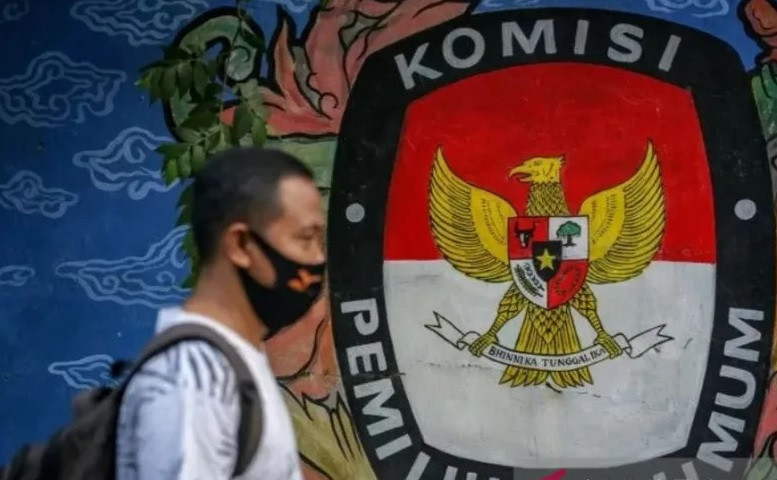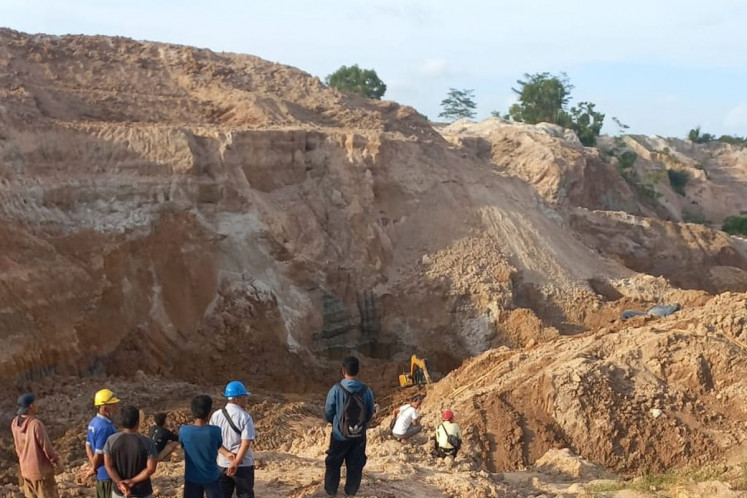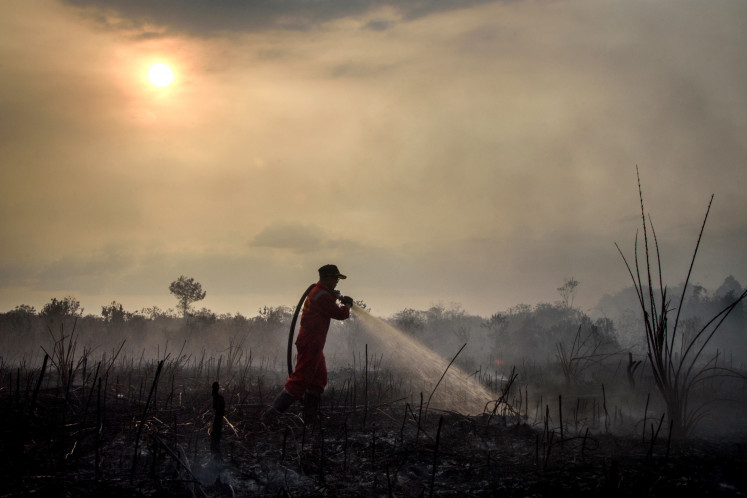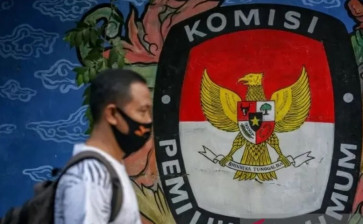Popular Reads
Top Results
Can't find what you're looking for?
View all search resultsPopular Reads
Top Results
Can't find what you're looking for?
View all search resultsCritics slam KPU for enabling unofficial campaigning
According to critics, a new General Elections Commission (KPU) regulation that established the rules for the 2024 election campaigns is insufficient in closing loopholes surrounding unofficial campaigns.
Change text size
Gift Premium Articles
to Anyone

According to critics, a new General Elections Commission (KPU) regulation that established the rules for the 2024 election campaigns is insufficient in closing loopholes surrounding unofficial campaigns. They fear that prospective candidates will not be held accountable for campaigning outside of the designated 75-day period, which will start in late November.
With all signs pointing to a hotly contested presidential election next year, presidential hopefuls Ganjar Pranowo of the Indonesian Democratic Party of Struggle (PDI-P), Prabowo Subianto of the Gerindra Party and opposition figurehead Anies Baswedan have in recent months embarked on unofficial campaign trails. They have greeted supporters in rally-like events, made appearances in local community hot spots such as markets and mosques and roadside posters of each presidential aspirant have popped up.
This has prompted debate over whether they are undertaking unlawful early campaigning before the 75-day campaign season will officially begin on Nov. 28.
The KPU issued the regulation last week, setting the campaigning boundaries for presidential and legislative candidates for next year’s general election, including the methods and content of campaign activities that are allowed.
The regulation explicitly prohibits political parties from campaigning outside of the official period, although it also allows political parties to hold outreach programs, or sosialisasi, strictly targeted at internal party members, to improve political literacy before the official campaign season starts. In these programs, political parties cannot display posters or spread campaign materials through social media. However, the regulation does not regulate administrative sanctions for offending political parties, and instead defers sanctions to the prevailing 2017 General Elections Law.
The regulation also fails to address outreach activities by prospective and registered legislative and presidential candidates prior to the 75-day campaign season.

The lack of clarity surrounding unofficial campaigns, according to Fadli Ramadhanil of elections watchdog the Association for Elections and Democracy (Perludem), means that candidates are free to conduct these types of campaigning without any oversight from the KPU.


















